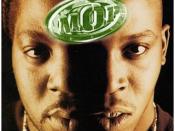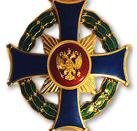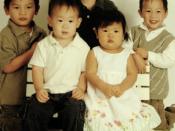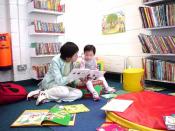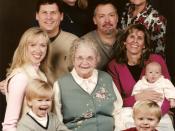THE INDELIBLE FAMILY (Mel Ramon, PhD. and Patricia Raley: 1980) SUMMARY: Psychological forces affect each individual in a family, as well as the family group as a whole. Most families are unaware of these dynamic, shifting and conflicting psychological forces. The book discusses five hidden forces: power, dependency, autonomy, love and separation.
Conflict is inevitable - as we grow we are challenged as individuals and as a family group - pitted against each other and forced to resolve different goals. After understanding the nature of conflict we can avoid repeating the old patterns that have kept us from creating the kind of family we want.
Power is manifested through the decision making process. Decision making develops a sense of responsibility - the degree to which each family member participates in that process determines a sense of responsibility. For example: if only one person always makes decisions for everyone else the rest of the family will likely be very dependent and powerless - having no sense of responsibility and blame others for their problems or mistakes.
Dependency - as described in the book - is the emotional experience of needing other people. All family members need to feel that they belong to, are important to, and can help each other. This includes trusting each other to make competent decisions.
Autonomy is a critical factor in personality development. Independence, the ability to stand alone and function as an individual, cannot develop if the family itself has no autonomy.
Love comes in numerous forms...from adults with sexual and nonsexual bonds to parents & children to siblings to grandparents & grandchildren.
Separation - the theme of loss - is a powerful one in individual life as well as family life.
life is a series of separations, beginning with the baby's spearation from the mother. Each loss, even the little ones, can generate feelings of loneliness.
There is a powerful, unconscious bond that links us to our families forever. Our present life and future destiny are indelibly stamped by the relationships we had with our parents, grandparents, siblings and relatives. The family you grew up in had a personality that you carry forward into every new family you form, whether you want to or not...who you are today depends on what your family was like in the past...
Impressions: Which I disagree with. I strongly feel that the past plays a part of who we are today, but it is our choices that define us. We make up our own minds...we become or don't become... Not because of the way our family was in the past. That is bull sh*t. For example: Uncle LeeRoy abuses his dog and his wife, both physically and verbally. Will cousin Sam do the same thing when he grows up? Maybe. But if he does it, it is because he chose to do it. He had the option to not repeat the abusive behavior his father had demonstrated.
The material presented was easy to comprehend, even though I didn't agree with all the statements. The intended audience is most likely young adults who are seeking answers to better understand the way they and their family have become to be who they are.
Recommendations: I wouldn't change the book - only remind readers to not believe everything they read just because it's published or the author has a PhD. Remember to keep an open mind, form your own opinions and draw your own conclusions.
